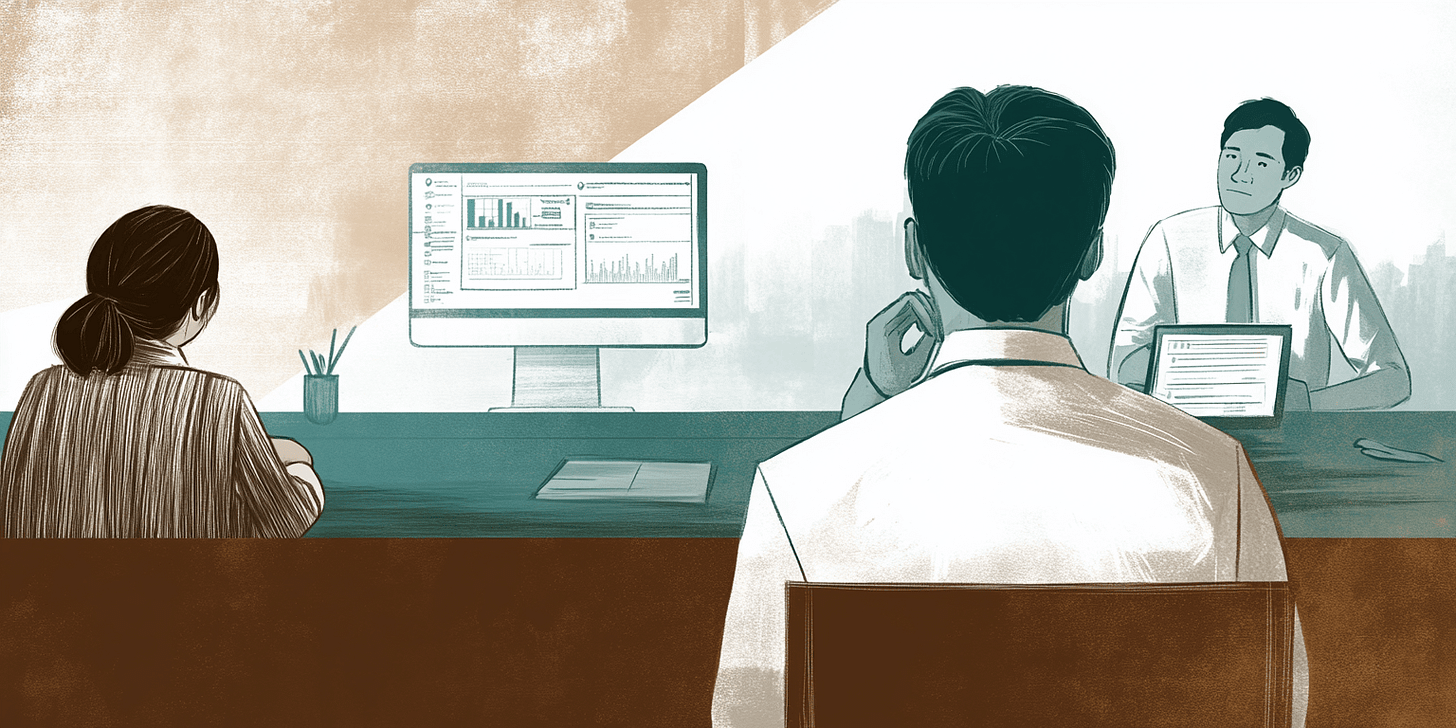You don't notice dust gathering in the corners. Not the first speck. Not the second. Not even the hundredth. But one day, you run your finger along the shelf and there it is — undeniable evidence of neglect. It all happened right before your eyes, yet somehow entirely outside your awareness.
Organisations drift in much the same way.
It starts with a reasonable exception. A core principle compromised “just this once”. A meeting starts late “just today”. A rule bent for a “special case”. A standard lowered “given the constraints”.
No big deal, we tell ourselves.
But then, it happens again. Only this time the choice feels easier. The precedent exists: "we’ve done this before, we can do it again." Eventually, it becomes routine — just “how things work around here.”
The psychology of drift
Drop a frog in boiling water, and it jumps out immediately. But place it in cool water and heat it slowly, and the frog never registers the danger until it's too late.
We’re wired to spot rapid changes. Sudden movements, like a predator leaping from a bush, set off every possible alarm in our nervous system. What we’re not wired to notice are tiny, ambient shifts that unfold over time. This biological blind spot is why we struggle with slow-moving crises like climate change.
We don’t notice the drift because we were never built to.
Our organisations institutionalise this blindness. Our systems trigger warnings for dramatic failures, not creeping deviations. Our meetings address incidents, not patterns. We react to earthquakes, not erosions. We see events, not their evolution.
Say, someone from sales makes a borderline misleading claim about your product’s vision — justified, of course, as a necessary exercise to position the product. On the surface, it all looks good. The deal is closed. KPIs are met. The system reads it as success.
But beneath the surface, the baseline begins to shift.
Repeated deal after deal, quarter after quarter, it becomes routine to promise tomorrow’s features today. Before long, sales is no longer describing what the product is. It’s deciding what the product will be. Reps sell features that don’t exist, while devs fulfil promises they never made. As the product roadmap becomes a mirror of the sales pipeline, the entire logic of the system is inverted.
Or, consider how healthy debate slowly turns toxic. A few sharp, personal remarks in an all-hands go unaddressed — laughed off as harmless jokes, brushed aside as childish teasing. But long after the banter ends, the insult still lingers in the air. Resentment still brews under your skin. Bitterness still gnaws at your insides. While leadership cheerleads from the sidelines, gloating over their culture of "constructive disagreement", the team forgets what healthy conflict even looks like.
The point of no return
At what point does a necessary trade-off become a compromised value?
When does open communication turn into dysfunctional conflict?
When, exactly, do you cross the line?
The answer: first slowly, then suddenly.
There’s this old paradox: if you keep adding one grain of sand at a time, what’s the exact moment when it becomes a heap? It’s impossible to answer. There’s no clear threshold when adding one more grain will suddenly turn something not-a-heap into a heap.
Just like that, there’s no single compromise that rots a culture. No defining moment that marks the transformation. And yet — just like you know a heap when you see one, you can always smell a rotten culture when you’re in one.
And by the time you do, it’s so deeply embedded in culture that cleaning it up means tearing down the house. Where once a gentle nudge might have been enough, you now need heavy machinery. Restructuring. Reorgs. Cultural transformation programmes. God, the very words sound exhausting.
While we were busy scanning for revolutionary shifts, we failed to notice the evolutionary changes that silently rewrote the organisational DNA — one small edit at a time. Somewhere along the drift, we didn’t just lose our way. We lost our sense of self.
We didn’t just fail to see the change. We became the change.
Holding the ground
How do you guard against what you can barely see? Drift doesn’t announce itself, but it does leave early traces — if you know where to look.
Harness the outsider’s perspective
People inside the system are often unlikely to notice its decay. Often it takes new eyes — a new hire, a new leader, or a returning employee — to see just how far things have strayed. Instead of rushing to acculturate them, treat their perspective as an early warning signal.
You might ask, “Hey, you’ve spent a few weeks working with us. What’s the weirdest thing you’ve noticed about the way we work? Something that feels strange to you, but normal to everyone else?”
Tell the story forwards and backwards
Help people see the full arc of their decisions. Show how yesterday's choices led to today's mess, and how tiny compromises today can become massive crises tomorrow. When people see both the road ahead and the road behind, it sharpens their instincts for what to say yes to — and what to say no to.
You might say, “I understand she would be a valuable client. But if we offer a discount just to get her in, what happens on her next order? And the one after that? What about when she brings a referral, and they expect the same discounts? How far should this have to go before our pricing loses all meaning?”
Reward the uncomfortable voice
Just as scientists use seismographs to detect tiny earth movements, organisations too need people who are sensitive to subtle shifts. Celebrate those who notice drift early, and make it psychologically safe to question small deviations. Make "drift-calling" a valued behaviour, not a career risk.
You might say, “From your point of view, is there something we’re not allowing ourselves to say here? Something that must be addressed, but feels off-limits to talk about? Don’t worry about offending — I know exactly what I’m asking.”
Remember, drift doesn’t require malice or incompetence. All it needs is inattention. While some mountains rise through violent eruptions, most form slowly, grain by quiet grain.
You can’t prevent every compromise. But what you can do is see them for what they are: exceptions that should never become expectations. Shortcuts that should never become standards. Then, and only then, do you have a real possibility of return.




